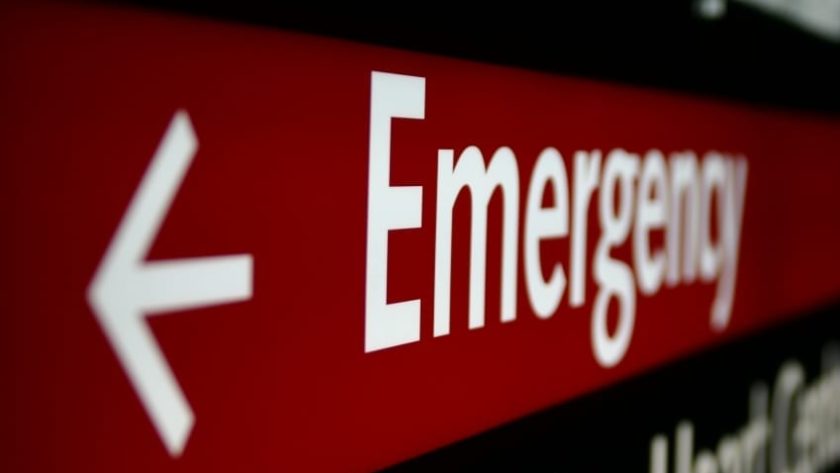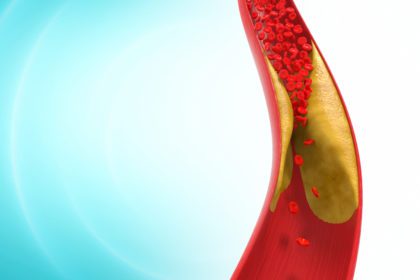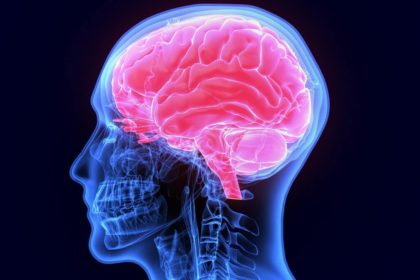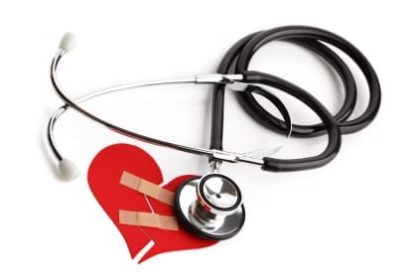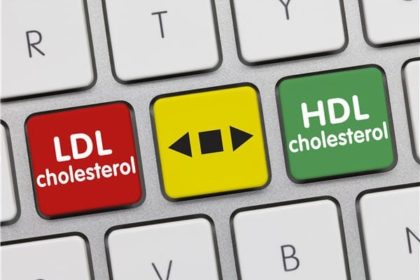 If you’re suddenly unaware of your surroundings or unable to help yourself due to symptoms like chest pain, shortness of breath, or disorientation from high or low blood glucose, a medical ID can tell your story when you can’t speak for yourself. The purpose of a medical ID is to alert paramedics, EMTs and medical professionals to your condition when they only have precious seconds to begin lifesaving care.
If you’re suddenly unaware of your surroundings or unable to help yourself due to symptoms like chest pain, shortness of breath, or disorientation from high or low blood glucose, a medical ID can tell your story when you can’t speak for yourself. The purpose of a medical ID is to alert paramedics, EMTs and medical professionals to your condition when they only have precious seconds to begin lifesaving care.
Wearing a medical ID 24/7 can save your life. When you have a potentially life-threatening health condition and/or have a cardiac device, emergency responders need to know for various reasons. Many cardiac patients also have other chronic medical conditions, such as diabetes or dementia that can affect treatment.
Medical Condition(s) Alert
Consider wearing a medical ID if you have any of the following:
- Chronic or history of coronary heart disease, including:
- Angina
- Arrhythmias
- Heart transplant
- Coronary artery bypass graft
- Previous MI (myocardial infarction/heart attack)
- Previous SCA (sudden cardiac arrest)
- Stroke risk: hypertension, diabetes, high cholesterol, atrial fibrillation (A-fib), tobacco smoking, metabolic syndrome
- Chronic disease, such as diabetes or dementia
- Cardiovascular device, such as:
- Coronary artery stent
- Artificial heart valve
- Pacemaker or ICD (implantable cardioverter defibrillator)
- Food, drug or insect allergy that can cause an anaphylactic reaction
- Sensitivity to medications
- Rare blood type
Implanted Medical Device Alert

Certain metals used in implantable devices, such as a stent, artificial valve, pacemaker, and ICD, may be “ferromagnetic” which means they are attracted to magnets. This may mean you cannot have an MRI (Magnetic Resonance Imaging) if you are injured. MRIs are becoming more widely used as a diagnostic tool since they use large magnets and radio-frequency waves (not radiation) to produce pictures of your body’s internal structures.
However, MR imaging creates a very strong magnetic field to make an image. If you have a ferromagnetic device, the magnetic field can cause the device to move, rotate, dislodge, or accelerate toward the magnet at dangerously high velocities or forces. The magnetic field may also interact dangerously with the electronic functioning of your medical implant as well as interfere with the quality of the image produced.
Most patients who have had open heart surgery for a coronary artery bypass or valve replacement have metal sternal wire sutures which are generally considered to be safe for MR imaging, but may interfere with the quality of the image produced.
NOTE: If it’s determined you need an MRI, a consult with the surgeon who placed your cardiovascular device may be necessary. Safe MR imaging in patients with cardiovascular devices involves the following:
- Thorough initial patient screening
- Accurate determination of the cardiovascular device and its properties
- Careful analysis of the risks and benefits of performing the MRI
- Appropriate physician supervision
 Cardiac Stent Alert
Cardiac Stent Alert
Having a cardiac stent means you have serious coronary heart disease caused by a buildup of plaque in your arteries. Your doctor has likely prescribed aggressive anti-clotting therapy — which can cause heavy bleeding — to prevent a sudden re-narrowing or even a complete blockage. Emergency responders need to know if you’re on a blood thinner, so they are especially cautious of any potential blood loss.
Medication Alert
It’s strongly recommended that you wear a medical ID if you take any of the following medications:
- Blood Thinners, Anticoagulants, Antiplatelets, such as:
- Insulin or other diabetes medications
Blog post to follow: “Tips to Buying and Wearing a Medical ID“.

